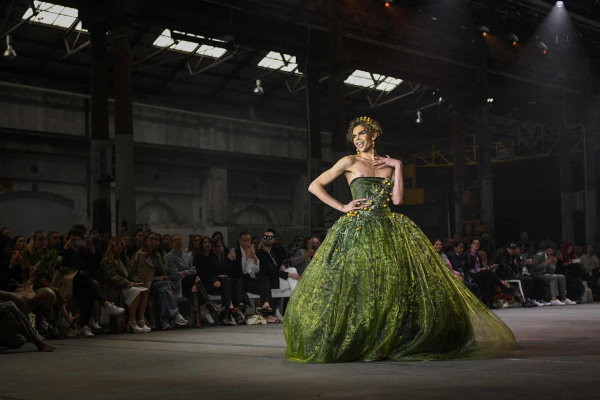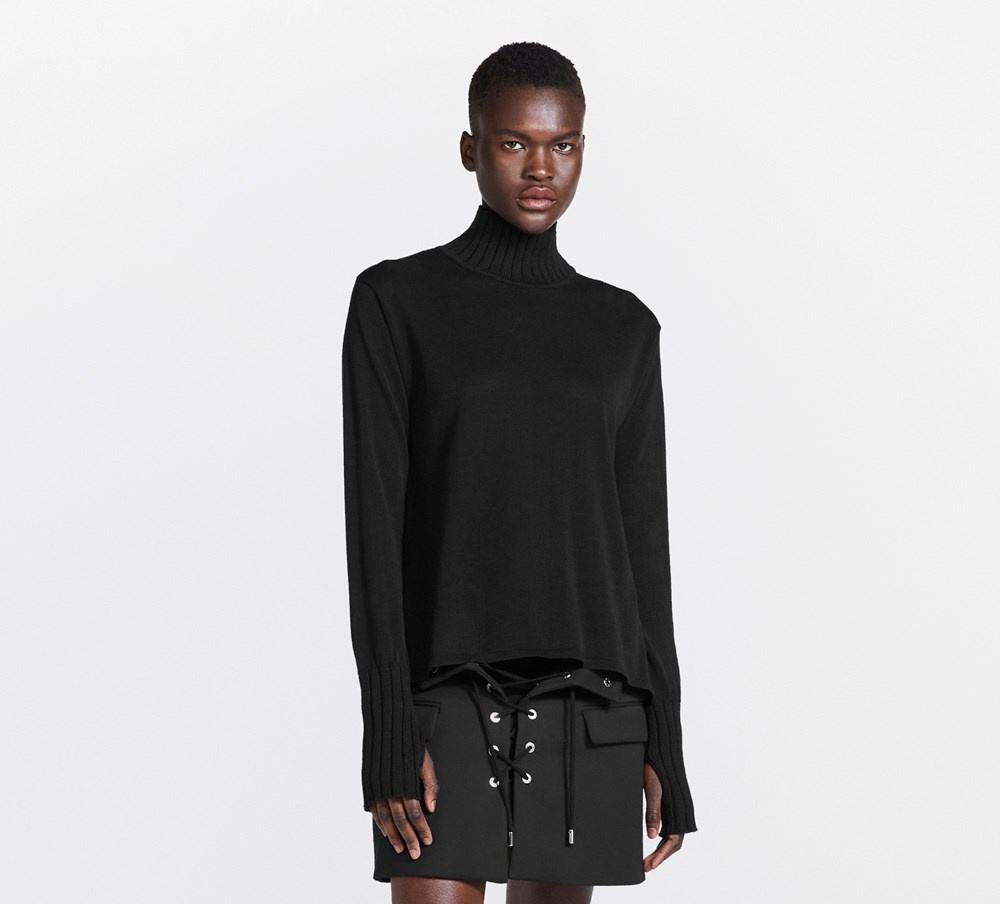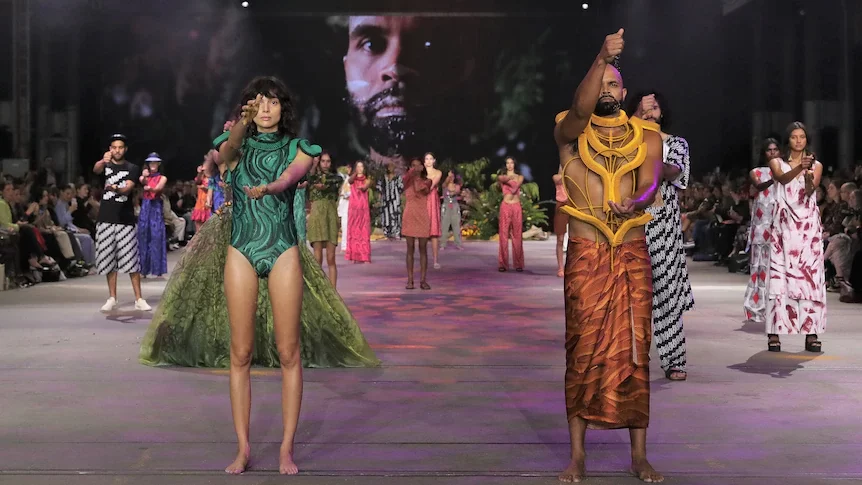
In Australia, a fashion movement has begun, pictured is a model at this year's Australian Fashion Week
- Fashion
Australian sustainable fashion: the best bits of 2021
From inside the fashion industry looking out
Fashion has long been a marker of aspiration, runways, models and an associated high-flying lifestyle. Over the last two years, humanity has been dealt a massive reality check, and the fashion industry has had to take a very close look at itself and re-engineer the role it has to play in order to not only represent the beautiful individual experiences of those it serves, but deliver on ways to drive and empower the next-generation’s definition of ‘aspiration’ one that recognises the importance of acknowledging the individual snow-flakes that we all are through promoting diversity and inclusion.
Although 2021 was not what any of us were expecting, there were some silver linings worth celebrating in the world of Australian sustainable fashion.
Body Positivity
My favourite innovation of the year is Rip Curl’s new Bikini Fit guide: the tool provides an interactive online experience featuring Rip Curl team members as the actual models. It’s a beautiful way of empowering women with differing body shapes and sizes and it simplifies the journey of choosing a bikini. Cleverly, you choose your journey – surf or beach, your ideal coverage and body type and voila – a series of beautifully shot and well-priced options appear. The forward-thinking mentality of integrating a tool that gives you this ability online, paired with the fact that they promote body positivity for all shapes and sizes, as well as within their own team is wonderful. Great to see some responsible fibres integrated into their products too. I also love the new collaboration between Bras N Things and Australian comedian Celeste Barber.

Gender fluid and non-binary fashion
This is one of my favourite topics. In fact, it takes me back to the days when I used to study drama and rummage through vintage stores for tailored men’s pants, of which I would retrofit to my size, and wear with Birkenstock’s, before they were ever cool enough to collab with the likes of Proenza Schouler, or Jil Sander! Brands are starting to acknowledge their core customer may not be defined by gender and empowering this fluidity through design, campaign styling and language. I love what Dion Lee has done introducing male models into campaign styling. Influencers also play a big role in this space, and Melbourne based stylist and content-creator Deni Todorović has broken boundaries fusing their social media with fashion inspiration, but a great series of educational content which champions the LGBTQIA+ community. And who could ignore Harry Styles, and the way he has championed this movement.

Adaptive and disability
This is a long time coming. Individuals living with disabilities are those most likely in need of empowerment, and the fashion industry, with its shiny beacon of aspiration, can play a huge part in providing a vehicle for championing people that require more adaptive attire. It’s estimated that 1 in 6 people live with a disability in Australia, and with that in mind it was so excited to see one of our biggest online retailers, The Iconic, champion this with their Adaptive Edit. This really is a huge move, given the sphere of influence The Iconic has in the mainstream market. Other platforms pioneering adaptive fashion are Australian online retailers EveryHuman and Averee. Going beyond clothing, careful consideration has been made for shoes, beauty, homewares, camping gear as well as purchasing and returns.
diversity and reconciliation
During the midst of our first wave of Covid-19 back in 2020, we saw real change start to happen thanks to the Black Lives Matter movement. Working in house at a brand at that time, it really took on a life of its own, and many brands, retailers and individuals were faced to look at the cracks in their own unconscious bias. It was exciting to see that this forced our local industry to accelerate their efforts towards reconciliation, and it could not have come sooner. Rather than focus in on particular brands, I want to shine a light on the way Australian Fashion Week embraced and paid homage to our First Nations people, by opening with a traditional Welcome to Country and showcasing a group of designers from Aboriginal and Torres Strait Islander backgrounds. Also, the fact that in 2021, the most coveted issue of Vogue – the September issue, featured Magnolia Maymuru, a Yolgnu woman, interviewed by Yuwaalaraay writer Nardi Simpson, themed ‘New Beginnings.’

Valentina is a sustainability expert, with among other accreditations a certificate of sustainability from the University of Bath. She is focussed on working with the brands of the future to help shape their strategy, sustainability framework, stories and partnerships. You can connect with her at [email protected], or follow her on Instagram. @valya___z.
Love her work? You can support her here.
